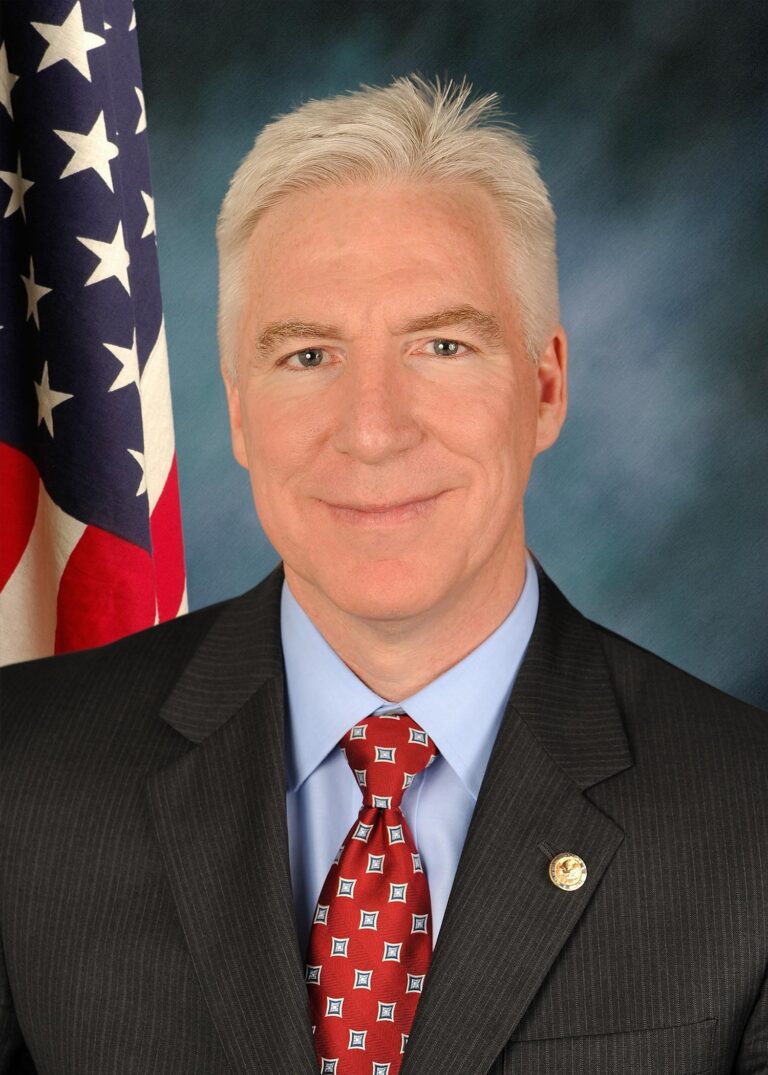Unveiling the Financial Forces Shaping Illinois Legislation
Corporate Influence Overshadowing Illinois Lawmakers’ Priorities
Behind the facade of public duty, numerous Illinois legislators seem increasingly influenced by the financial backing of corporate sponsors rather than the voices of their constituents. Despite public assertions of transparency and responsibility, the actual architects of legislative agendas often remain hidden from view. When elected officials fail to acknowledge the sway of powerful special interests, they compromise their essential duty to represent the broader public instead of a privileged minority.This challenge is intensified by the enormous campaign funds funneled from industries eager to mold policies to their advantage.
- Lobbying efforts from the technology and healthcare sectors have surged in Springfield.
- Campaign financing is heavily concentrated, distorting legislative focus away from community welfare.
- Legislation frequently mirrors the objectives of corporate lobbyists rather than reflecting widespread public consensus.
| Sector | 2023 Lobbying Spend | Influenced Legislation |
|---|---|---|
| Technology | $14M | Data privacy laws, Tax incentives |
| Healthcare | $9.2M | Insurance regulations,Drug pricing |
| Real Estate | $6.1M | Zoning reforms, Property tax breaks |
Behind the Curtain: Special Interest Groups Steering Illinois Policy
Illinois legislators are frequently targeted by well-funded special interest groups, yet many fail to fully grasp the extent of these entities’ influence on policy decisions. Operating discreetly, these groups channel millions into campaign coffers and engage in private negotiations, shaping laws that disproportionately benefit select industries rather than the general populace. This hidden manipulation distorts legislative priorities, frequently enough sidelining urgent public concerns such as infrastructure progress and education reform.
These organizations employ advanced strategies including:
- Precision funding: Allocating resources to vulnerable candidates during critical election periods.
- Cross-sector coalitions: Forming alliances to amplify lobbying power and influence legislation.
- Legislative drafting: Crafting bill language that subtly favors industry interests, often embedded within broader policy packages.
As Illinois confronts notable challenges, the unchecked sway of these groups threatens to hinder reforms that would benefit the wider community. Without robust measures to enhance transparency, the divide between political promises and actual policy will continue to grow.
The Fallout of Neglecting Financial Influences in Politics
When public officials ignore the financial sources behind their campaigns, they jeopardize both transparency and accountability. These concealed benefactors often steer legislation to serve narrow interests, eroding public confidence in government institutions. Allowing corporate donors and lobbyists to dominate the political agenda shifts focus away from community needs toward private gain.
Key repercussions of disregarding financial influence include:
- Legislation skewed to favor corporate agendas over constituent welfare
- Weakened consumer and labor protections due to diluted regulations
- Heightened political division fueled by money-driven campaigns
- Reduced voter participation and growing public skepticism toward governance
| Area of Impact | Specific Consequence | Long-Term Effect |
|---|---|---|
| Legislative Process | Favoritism toward donors | Widening social inequality |
| Public Confidence | Lack of openness | Declining electoral participation |
| Governance Accountability | Unchecked corporate power | Increased corruption risk |
| Democratic Integrity | Misrepresentation of voters | Erosion of democratic institutions |
Enhancing Transparency and Accountability in Illinois Governance
Rebuilding public confidence and limiting special interest dominance in Illinois politics demands comprehensive reforms that address the root causes of opacity and lack of accountability. Essential steps include:
- Full disclosure mandates requiring detailed reporting of all political contributions, including the ultimate sources of funds.
- Real-time digital platforms that provide immediate public access to campaign finance and lobbying activities.
- Independent ethics commissions empowered to investigate misconduct and enforce penalties with transparency.
Achieving these reforms necessitates bipartisan cooperation and a steadfast commitment to transparency as a democratic cornerstone. Without such dedication, Illinois risks perpetuating a system where elected officials are effectively influenced by the highest financial bidders, undermining the principles of fair governance.
| Reform Measure | Anticipated Benefit |
|---|---|
| Comprehensive donation transparency | Enhanced clarity on funding origins |
| Instantaneous online reporting | Prompt public oversight |
| Autonomous ethics enforcement | Improved compliance and deterrence |
Conclusion: The Imperative for Financial Transparency in Illinois Politics
The persistent failure of Illinois legislators to confront and disclose the financial influences shaping their decisions continues to erode public trust and legislative integrity. As highlighted by recent investigative reports, acknowledging the entities behind campaign funding is crucial for fostering a transparent and accountable government. Without this essential recognition, meaningful reform remains out of reach, leaving the state’s governance vulnerable to the interests of affluent backers rather than the citizens these officials are elected to represent.





